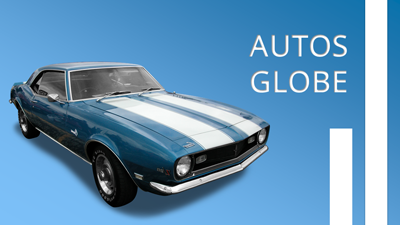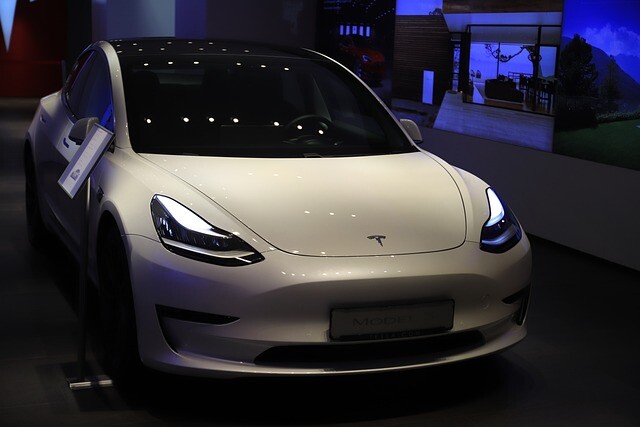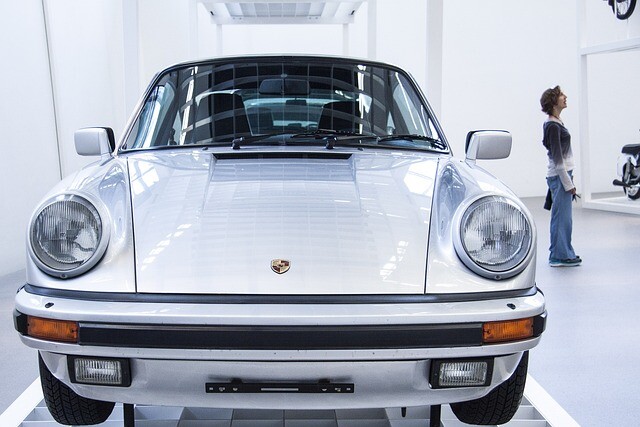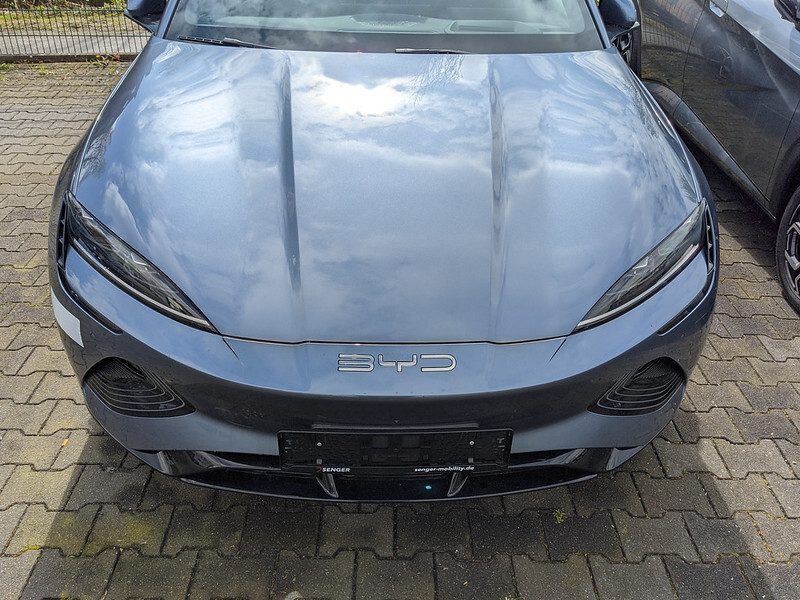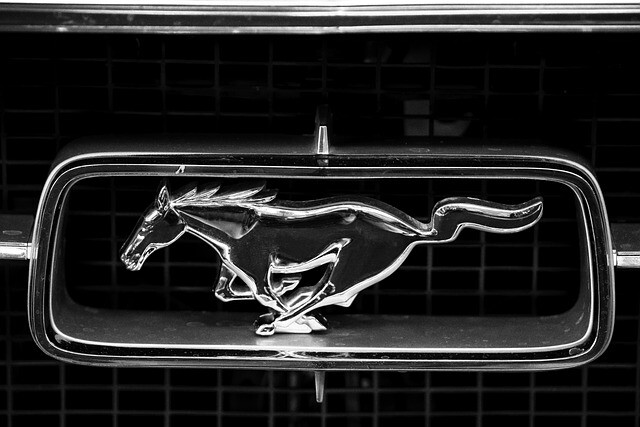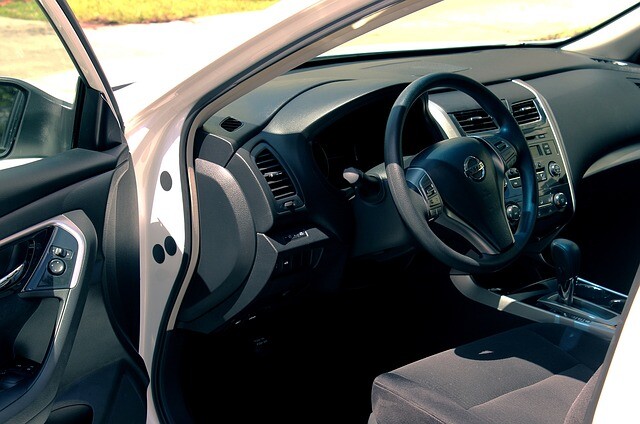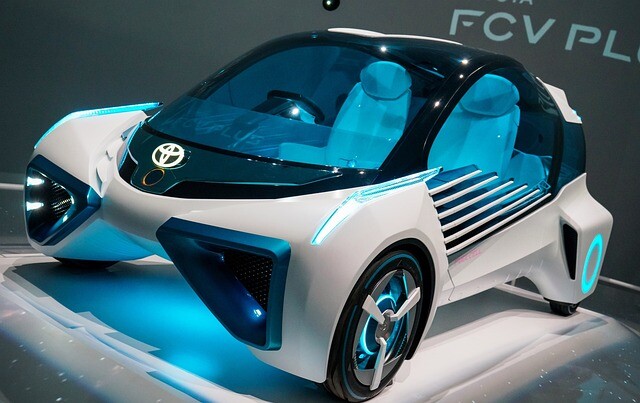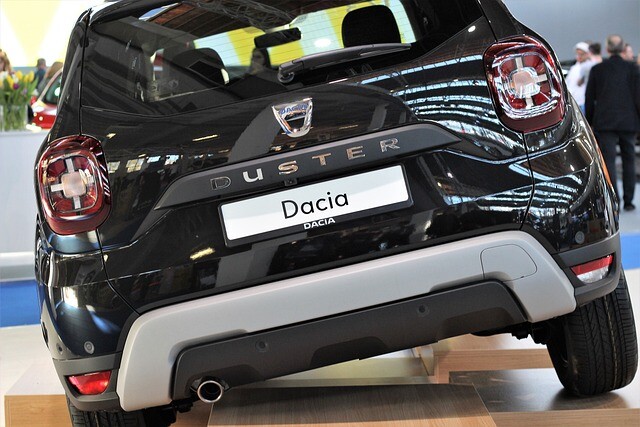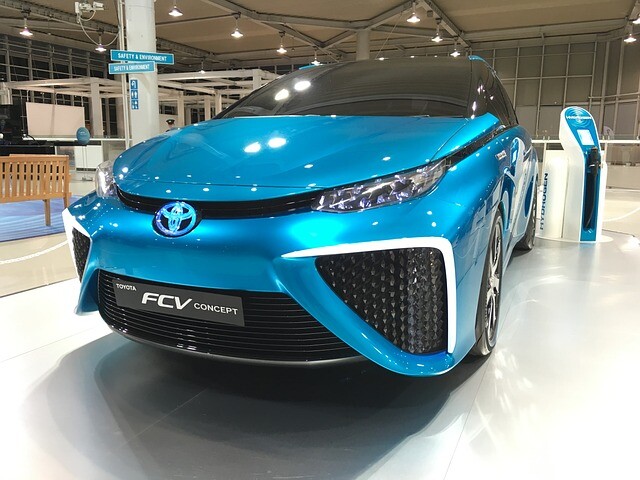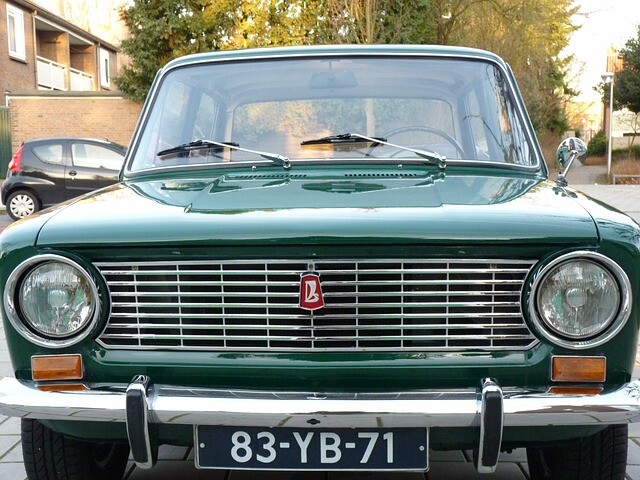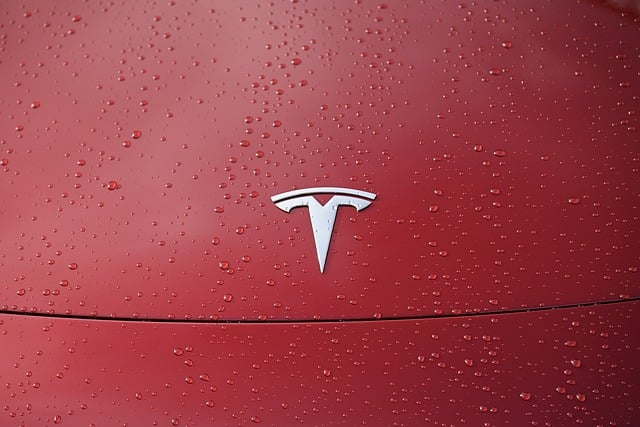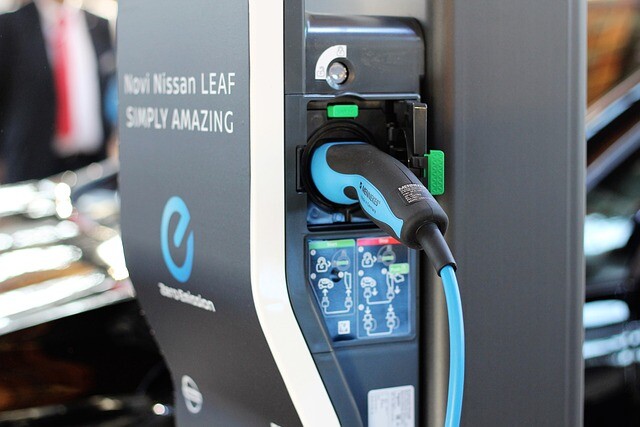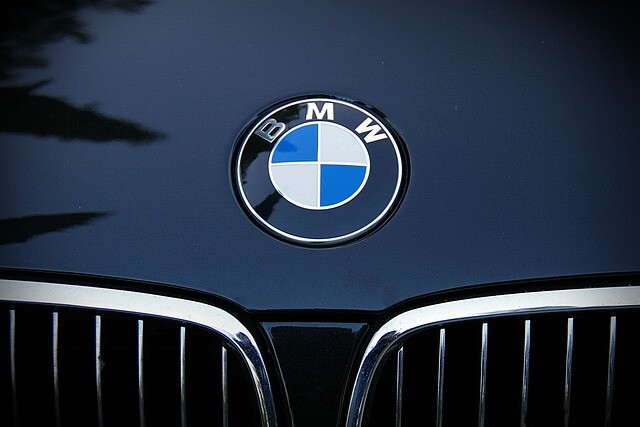Are electric cars too expensive? is the range short?
Purely electric cars are running spectacular careers internationally, gaining market share, but are still lagging behind in terms of numbers. According to K & H's survey, 63-78 percent of respondents say that the widespread use of electric cars is most hindered by high prices, few charging points, and more than 50 percent by slow charging.
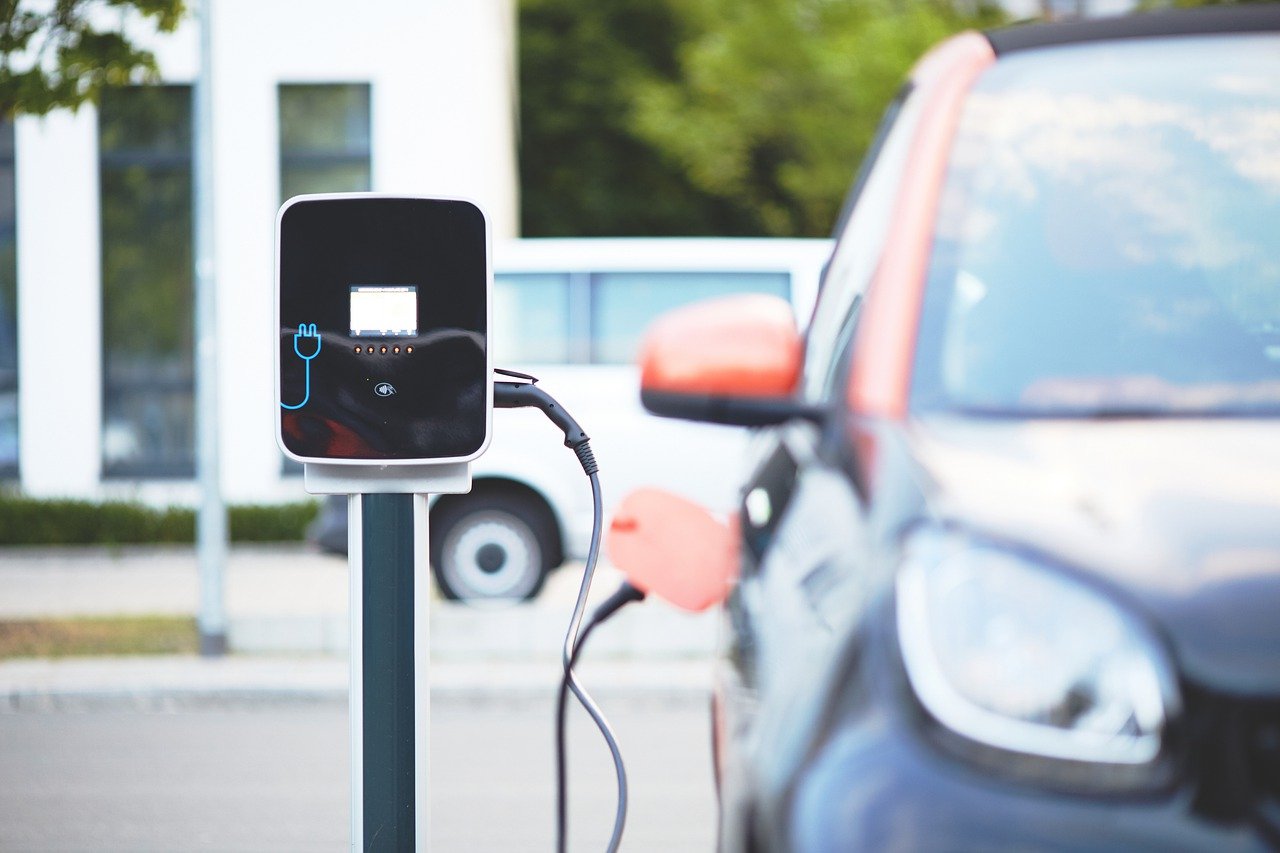
The current outlook is that passenger cars with conventional internal combustion engines will be pushed back, with hybrids and purely electrics taking the lead. However, the electric car boom is hampered by several factors - at least according to a recent survey by K&H. Electric cars have achieved spectacular results in the EU market: according to the European Automobile Manufacturers Association, the share of pure electric cars in the new car market was already 9.8 per cent in the third quarter of 2021, up from just over 2 per cent three years earlier. That’s a respectable stake, but looking at the numbers, there seems to be plenty of room for growth. During the period in question, 569,000 electric cars were sold on EU markets, compared to more than 4.6 million of their petrol and diesel counterparts. In Hungary, dealers sold 1,099 all-new electric cars in the third quarter, compared to nearly 16,000 of the traditional ones.
What are the obstacles?
In the K&H Secure Future Index, a significant part of the Hungarian population aged 30-59 named several important factors that hinder the faster growth of electric cars. The biggest problem with the price of electric cars:
78 percent of respondents say electric cars are too expensive, a massive majority, though in a survey a year earlier, 85 percent of respondents said the same.
70 percent of them believe that electric cars have a short range;
63 percent of them believe there are not enough power sources to charge electric cars;
And 62 percent of them are of the opinion that repairing and servicing electric cars is expensive.
According to the survey, 53 percent of those surveyed say they can only charge electric cars too slowly, with 49 percent saying they don’t have a proper service background. Women are more afraid of the latter. There have been far more people who consider used batteries in electric cars to be polluting: in the fourth quarter of 2021, their share was 47 percent, compared to only 37 percent a year earlier. 43 percent of those surveyed, or 4 in 10, believe that a plug-in hybrid with its own internal combustion engine is a better choice than a purely electric car in the current situation, so there is no range problem and refueling can be done in minutes.
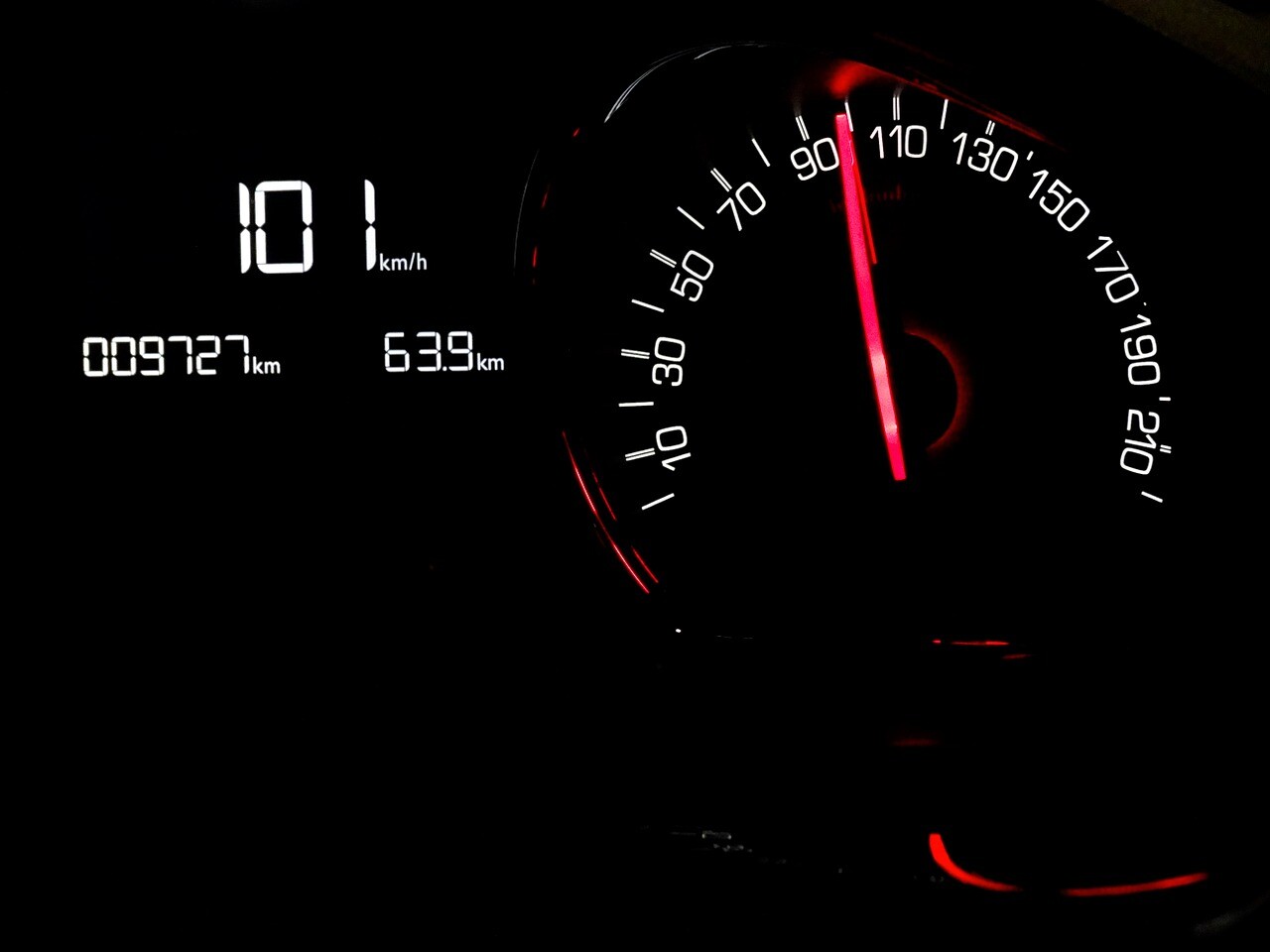
A “must have” step for greener transport
Although respondents have concerns about the rapid growth of electric cars, K&H Biztosító is helping to spread them.
From January 6, the company will introduce a so-called green rebate for cars with lower emissions, such as hybrids and purely electric cars: a discount on the compulsory liability insurance premium. The discount is 20 percent for electric cars and 10 percent for hybrids.
(Source: autokalauz.co.hu; K&H | Image: pixabay.com)
